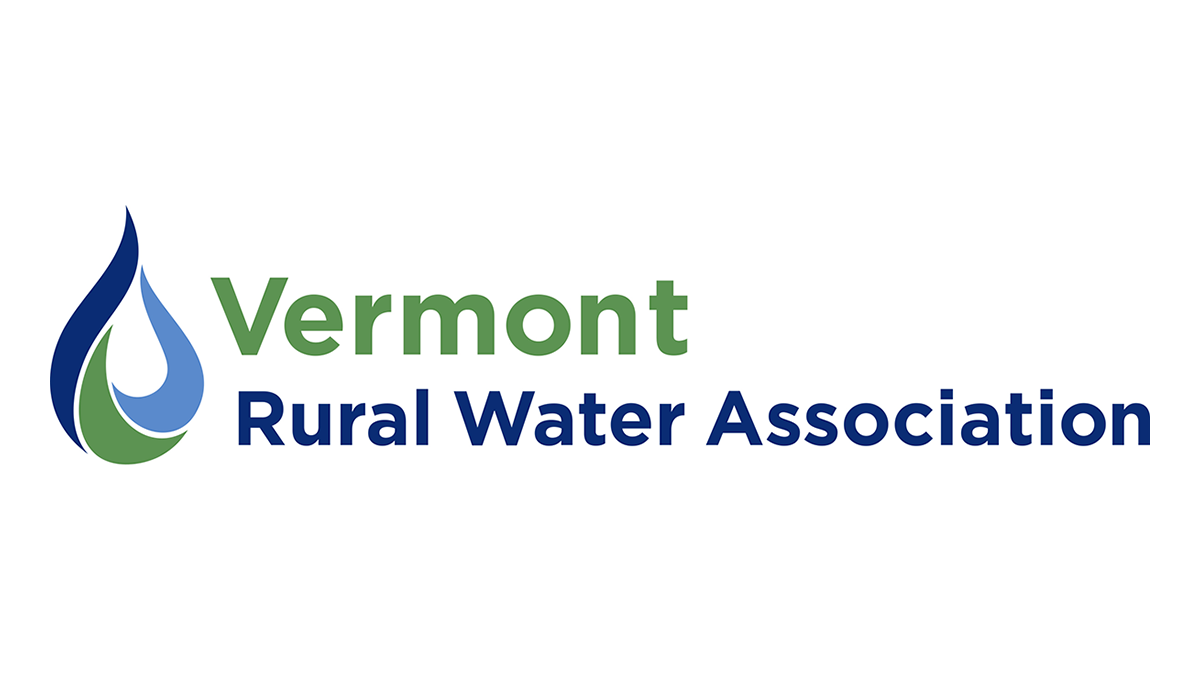by Elijah Lemieux, Wastewater Specialist
This article was published in the summer 2023 issue of our newsletter.
Disposing of wastewater solids is about to get more expensive, and the reason is PFAS. Wastewater facilities weren’t designed to remove these “Forever Chemicals,” so they make it all the way to the discharge at our receiving waters, and into the sludge. PFAS-contaminated solids is what we’re left with.
PFAS are an emerging public health and water quality concern, and we can expect more regulations that affect how we dispose of PFAS-contaminated biosolids. This is going to be a challenge for all of us so we need to be aware of it now.
What are PFAS?
PFAS refers to a class of thousands of synthetic chemicals which do not break down easily and can accumulate in both the environment and the human body. Concern is growing about the adverse health effects from exposure to these chemicals.
PFAS are used in such a wide variety of products that they are likely to be found in every home in your community. As professionals in the wastewater field, we know that chemicals that exist in our communities will make their way to our treatment facilities.
At all levels of government, the production and distribution of PFAS are being restricted and banned, but it will be a long time before those efforts can have notable effects on our end of the pipe. While legislators are working upstream to reduce the levels of these contaminants in consumer products, we will continue to deal with PFAS in our wastestream for years.
Graphic created by Vermont Rural Water and GMWEA’s Government Affairs Committee. View PDF.
PFAS in Biosolids
All of our wastewater treatment plants produce sludge, and we all need to get rid of it. Many of Vermont’s facilities that have relied on beneficial reuse in the past have already reduced land application or ceased altogether because of concerns about crops or groundwater being contaminated with PFAS.
Many Vermont facilities send their solids to our only active landfill, but some send their solids out of state. This dependence on out-of-state disposal sites means that we are at the mercy of the evolving environmental restrictions of other states. As more states enact restrictions on beneficial reuse due to PFAS contamination, we could find ourselves in a predicament. (If you think finding last-minute childcare is hard, try finding someplace to take the end product from a wastewater treatment facility!)
Maine recently banned the practice of land application of biosolids altogether. And in February, Quebec paused receiving biosolids from the US, which means that the Vermont plants that sent their solids to Quebec have had to seek alternatives.
An Expensive Problem
Our facilities were not engineered to remove PFAS from either water or solids. We know that we are discharging PFAS into our receiving waters. Looking ahead, it’s not hard to imagine a world where PFAS levels in our discharge water are regulated, which would require significant and costly upgrades to our facilities.
If beneficial reuse is further restricted, Vermont may be faced with a surplus of sludge and biosolids with nowhere to put them. Shipping biosolids out-of-state is costly in and of itself. As demand increases for limited disposal locations, the cost of disposal will only increase.
These increased costs will be a burden on our communities. As with any expense, it is better to see it coming and to plan for it than to be caught unawares.
What Can I Do?
A few months ago, Vermont Rural Water created a template letter that can be customized and sent to the decision makers in your area. This letter was sent to all of Vermont’s wastewater facilities in an email dated March 17, 2023. If you cannot find it, email info@vtruralwater.org to request another copy.
This letter can be sent to your town manager or selectboard members to inform their budgeting process. It can be sent to your State legislators to encourage them to support legislation that will regulate PFAS “upstream” at the production and distribution levels. It is also important to inform legislators of how laws governing PFAS in wastewater and biosolids will impact our industry and communities.

